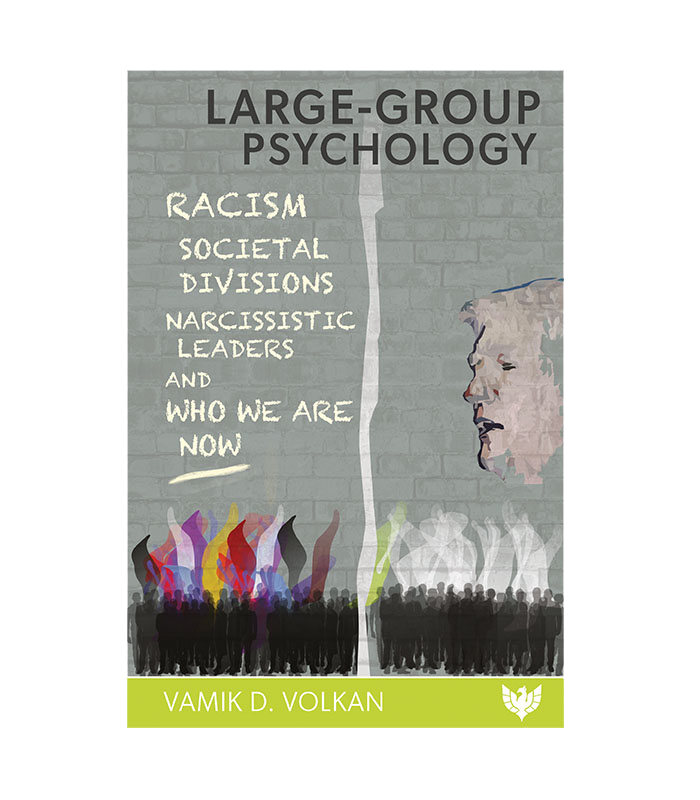On Continuing to learn from Robert Jay Lifton
At the Other Place, you may read of some thoughts of mine on how much I have learned from Robert Jay Lifton, whose memoirs I think I must soon re-read. And here you will see some thoughts developed from reading another book Lifton co-edited on trauma in the former Soviet Union for a lecture I was to have given outside Prague this past June, which has been postponed until late summer of next year.
I first encountered Lifton more than twenty years ago now thanks to a professor of mine whose research assistant I was for some time. He had found Lifton useful in trying to understand a number of phenomena around mind control and the psychology of totalism, for which, of course, Lifton is perhaps most famous.
Lifton published his newest book late last year: Losing Reality: on Cults, Cultism, and the Mindset of Political and Religious Zealotry (The New Press, 2019), 240pp.
I have written to the publisher asking whether Lifton is available for an interview. I'll keep you posted. In the meantime, here are the details on the book, described by the publisher as a
"definitive account of the psychology of zealotry, from a National Book Award winner and a leading authority on the nature of cults, political absolutism, and mind control." Further:
I first encountered Lifton more than twenty years ago now thanks to a professor of mine whose research assistant I was for some time. He had found Lifton useful in trying to understand a number of phenomena around mind control and the psychology of totalism, for which, of course, Lifton is perhaps most famous.
Lifton published his newest book late last year: Losing Reality: on Cults, Cultism, and the Mindset of Political and Religious Zealotry (The New Press, 2019), 240pp.
I have written to the publisher asking whether Lifton is available for an interview. I'll keep you posted. In the meantime, here are the details on the book, described by the publisher as a
"definitive account of the psychology of zealotry, from a National Book Award winner and a leading authority on the nature of cults, political absolutism, and mind control." Further:
In this unique and timely volume Robert Jay Lifton, the National Book Award–winning psychiatrist, historian, and public intellectual proposes a radical idea: that the psychological relationship between extremist political movements and fanatical religious cults may be much closer than anyone thought. Exploring the most extreme manifestations of human zealotry, Lifton highlights an array of leaders—from Mao to Hitler to the Japanese apocalyptic cult leader Shōkō Asahara to Donald Trump—who have sought the control of human minds and the ownership of reality.
Lifton has spent decades exploring psychological extremism. His pioneering concept of the “Eight Deadly Sins” of ideological totalism—originally devised to identify “brainwashing” (or “thought reform”) in political movements—has been widely quoted in writings about cults, and embraced by members and former members of religious cults seeking to understand their experiences.
In Losing Reality Lifton makes clear that the apocalyptic impulse—that of destroying the world in order to remake it in purified form—is not limited to religious groups but is prominent in extremist political movements such as Nazism and Chinese Communism, and also in groups surrounding Donald Trump. Lifton applies his concept of “malignant normality” to Trump’s efforts to render his destructive falsehoods a routine part of American life. But Lifton sees the human species as capable of “regaining reality” by means of our “protean” psychological capacities and our ethical and political commitments as “witnessing professionals.”
Lifton weaves together some of his finest work with extensive new commentary to provide vital understanding of our struggle with mental predators. Losing Reality is a book not only of stunning scholarship, but also of huge relevance for these troubled times.

